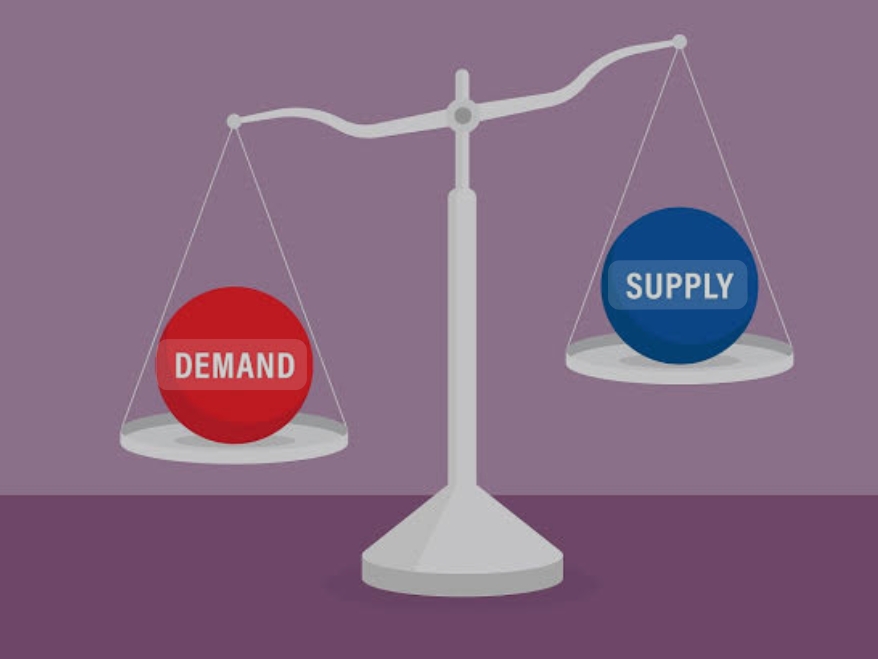
In recent months, the Nigerian government has expressed intentions to intervene directly in the market to reduce the prices of essential commodities. This move, while seemingly well-intentioned, reflects a fundamental misunderstanding of economic principles and the complexities of supply and demand. Rather than imposing price controls, the government should focus on empowering the production sector through efficient public-private partnerships (PPP) to sustainably lower prices.
The principle of supply and demand is a foundational concept in economics. It dictates that as the demand for a particular good or service increases, the available supply decreases. This scarcity naturally drives prices upward, as consumers are willing to pay more to obtain the limited resources. This phenomenon, known as demand-pull inflation, occurs when the demand outstrips supply, pushing prices higher as consumers compete for the available goods.
Attempts by the government to artificially suppress prices without addressing the underlying issues of supply can have dangerous consequences. Price controls can lead to shortages, as producers may find it unprofitable to continue producing goods at the mandated lower prices. This could result in empty shelves, black markets, and a further deterioration of the economy.
The real solution lies not in price controls but in boosting production. Nigeria’s production sector has long been hampered by inefficiencies, corruption, and a lack of investment. Instead of intervening in the market, the government should focus on creating a conducive environment for production to flourish. This can be achieved through public-private partnerships that are transparent, accountable, and free from the sharp practices that have plagued previous initiatives.
By empowering the production sector, the government can increase the supply of essential goods, thereby naturally lowering prices. When more goods are available, the pressure on prices eases, benefiting consumers without the need for artificial intervention. This approach also has the added benefit of creating jobs, stimulating economic growth, and reducing the country’s dependence on imports.
Nigeria’s economy has vast potential, but this potential can only be realized if the government takes a strategic approach to its development. Price controls may offer a temporary respite from inflation, but they do not address the root causes of the problem. To achieve lasting change, the government must prioritize the production sector, foster innovation, and encourage investment in industries that can produce the goods Nigerians need.
Moreover, transparency and accountability are crucial in any public-private partnership. The government must ensure that these collaborations are free from the corruption and mismanagement that have undermined similar efforts in the past. Only by building a system that rewards efficiency, productivity, and innovation can Nigeria hope to achieve sustainable economic growth.
In conclusion, the Nigerian government’s intention to invade the markets and cut down prices of commodities is a misguided approach that fails to consider the economic principle of supply and demand. Instead, the government should focus on empowering the production sector through effective public-private partnerships. By increasing the supply of essential goods, prices will naturally decrease, leading to a more stable and prosperous economy. The solution to Nigeria’s economic challenges lies not in artificial market interventions, but in the sustainable development of its production capabilities.

